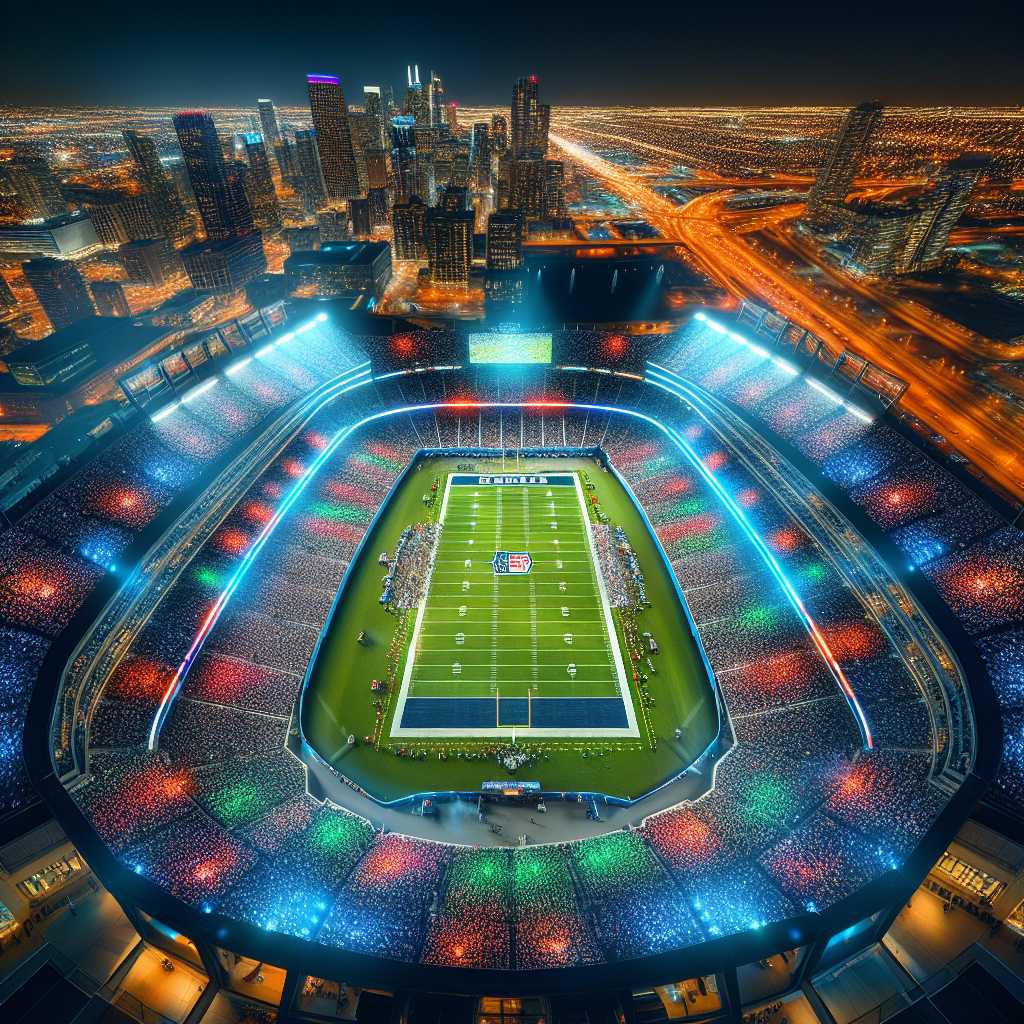The Significance and Spectacle of the Super Bowl
The Super Bowl stands as the annual championship game of the National Football League (NFL), where the champions of the National Football Conference (NFC) and the American Football Conference (AFC) come head-to-head for the coveted title. It is an event that has transformed over the years from a sporting contest into a cultural phenomenon, complete with high-profile advertisements, a spectacular halftime show, and wide-ranging social impact. This article will delve into the composition of the Super Bowl, its history, economic impact, and social significance, among other aspects.
History and Evolution of the Super Bowl
The first Super Bowl was played on January 15, 1967, following the 1966 season. Initially known as the AFL-NFL World Championship Game, it was created as part of a merger agreement between the NFL and its rival league, the American Football League (AFL). Following the merger, the newly-established NFL reorganized into two conferences. The champions of those conferences would then compete in the Super Bowl. In the early stages, it was seen primarily as a football game, but it has evolved to have broader implications in American culture.
Gameplay and Teams
The actual game is played with standard NFL rules. However, because of its status as a championship game, there is no room for error for either team. Strategies are often specific to each team’s season performance and must account for their opponent’s strengths and weaknesses. The winning team receives the Vince Lombardi Trophy, named after the legendary Green Bay Packers’ coach who won the first two Super Bowls.
Halftime Shows and Entertainment
One of Super Bowl’s most distinctive features is its halftime show, often cited as a defining element of the event. Unlike regular season games, where halftime may include analysis or short performances, the Super Bowl halftime show is a full-scale concert that attracts some of the most famous names in music. From Michael Jackson to Beyoncé to Shakira and Jennifer Lopez, these performances have become as much a part of the spectacle as the game itself.
Advertising and Economic Impact
Super Bowl Sunday boasts some of the most expensive commercial airtime of the year. With an audience comprising millions globally, companies create elaborate advertisements unique to this event. The spike in consumer spending, particularly in host cities on items such as tickets, concessions, hotel rooms, and memorabilia, illustrates its economic significance. Furthermore, international interest has led to broadcasting rights becoming a significant revenue stream for the NFL.
Social and Cultural Implications
The Super Bowl goes beyond sports; it reflects various socio-cultural aspects in American society. It brings together people from all walks of life to watch and celebrate – or mourn – in social settings or even digital platforms. Moreover, several players have used this platform for activism and to raise awareness about pertinent social issues influencing national conversation.
Ratings and Viewership Trends
Year after year, Super Bowl Sunday garners record-breaking viewership numbers on television and streaming platforms. It consistently ranks as one of the most-watched sporting events worldwide, which speaks volumes about its reach and influence.
Safety Measures and Innovations in Broadcasting
Given such massive attention, providing security at such events is crucial and evolves with advancements in technology and strategy. On another note, innovations in how we watch
Legacy and The Future
As an annually anticipated event, previous Super Bowls continuously set benchmarks with memorable moments that contribute to legacies left by teams, coaches, players, performers, and businesses associated with it. Looking ahead, considerations about sportsmanship ethics, technological integration like virtual reality experiences, and its relationship with progressing media landscapes continue to shape its future trajectory.
Notes
Image description : An aerial view displaying an illuminated NFL stadium buzzing with excitement during a nighttime Super Bowl game: flashes of colorful lights can be seen adorning both the stands packed with animated fans wearing various merchandise supporting their favorite teams and the meticulously maintained rectangular turf greenspace below that capture glints from circulating spotlights above—all surrounded by a bustling metropolitan skyline backdrop indicating a grand urban setting for America’s leading sports festivity.
OYvdq
